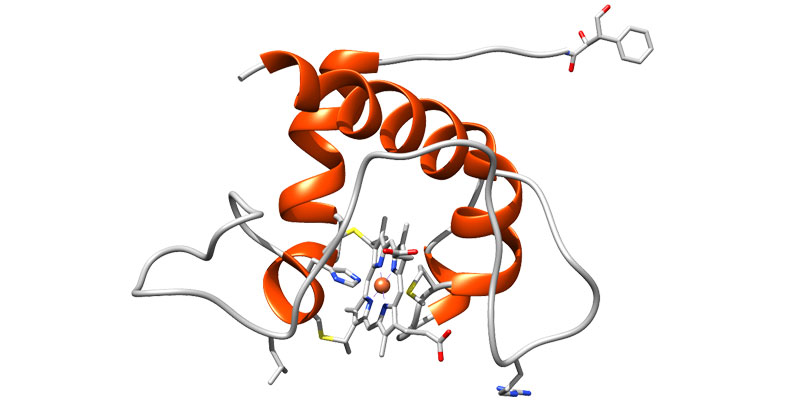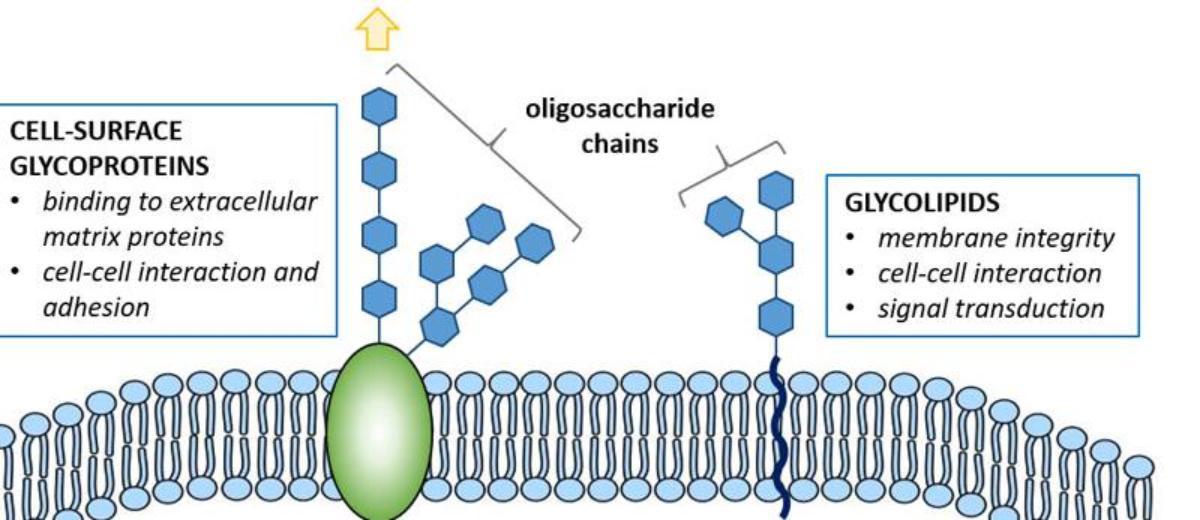
Chemical and Structural Biology
Other areas of chemistry research closely tied to the cross-cutting theme of chemical and structural biology involve the development of synthetic methods for drug discovery (O’Brien) and spectroscopic methods to study biomolecular and biochemical processes (Blaza, Hunt, Duckett).
The cutting edge chemical tools and techniques developed by these researchers are further applied in a variety of biomedical contexts through close collaborations with biologists, (bio)medical scientists and physicists. For example, new probes are generated to decipher the molecular properties of cell surface receptors and glycoconjugates (Signoret, Baumann), to investigate the regulation of gene expression by nuclear receptors (Holding), and to develop new disease targeting tools and validate drug targets in the context of cancer (Signoret, Holding) and neglected tropical diseases (Mottram). Others have interests in using chemical tools to study DNA supercoiling and DNA:protein recognition (Noy) and to facilitate the investigation of cellular recognition processes (Wright).

